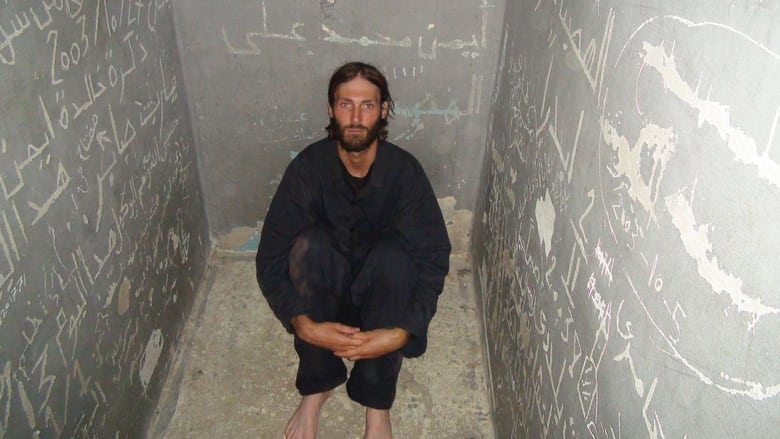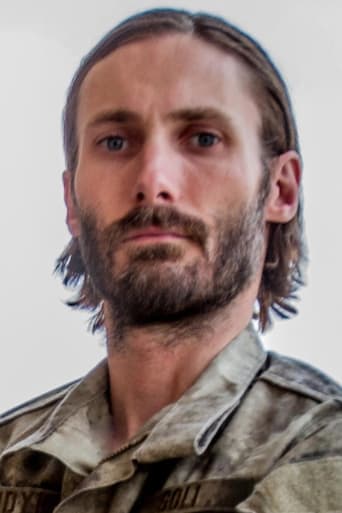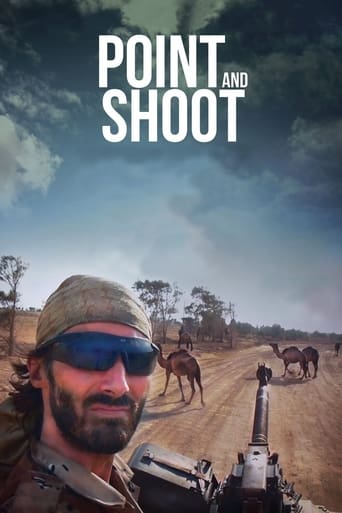
At first glance, Matthew VanDyke—a shy Baltimore native with a sheltered upbringing and a tormenting OCD diagnosis—is the last person you’d imagine on the front lines of the 2011 Libyan revolution. But after finishing grad school and escaping the U.S. for "a crash course in manhood," a winding path leads him just there. Motorcycling across North Africa and the Middle East and spending time as an embedded journalist in Iraq, Matthew lands in Libya, forming an unexpected kinship with a group of young men who transform his life. Matthew joins his friends in the rebel army against Gaddafi, taking up arms (and a camera). Along the way, he is captured and held in solitary confinement for six terrifying months.
Similar titles
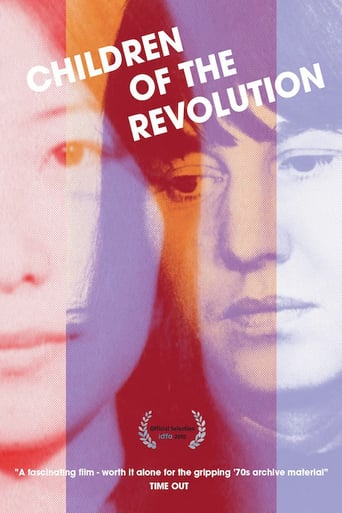
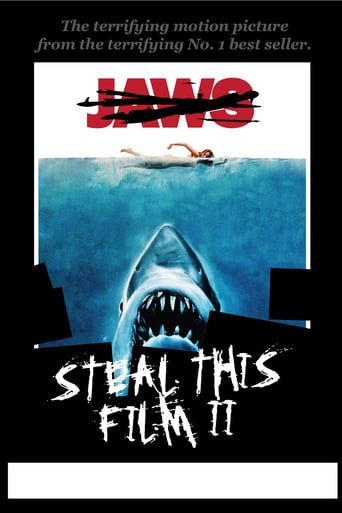
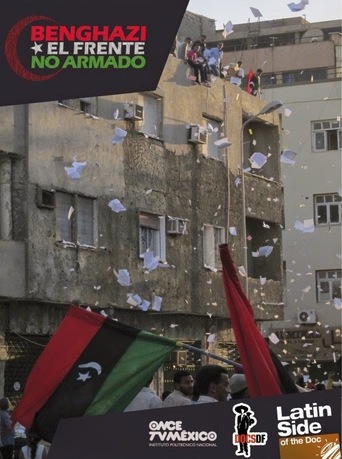
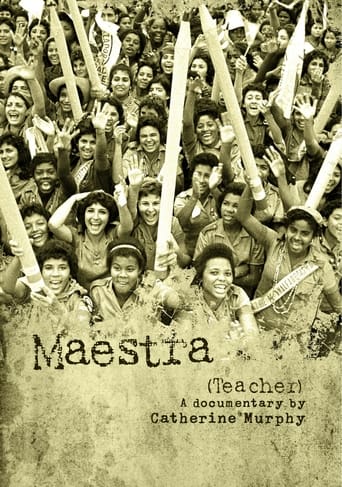
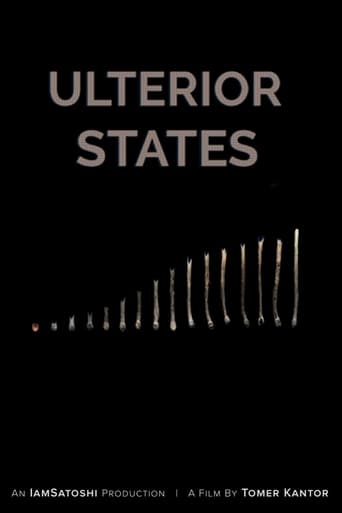
Reviews
It's fun, it's light, [but] it has a hard time when its tries to get heavy.
It's easily one of the freshest, sharpest and most enjoyable films of this year.
It is a whirlwind of delight --- attractive actors, stunning couture, spectacular sets and outrageous parties.
Exactly the movie you think it is, but not the movie you want it to be.
This film could have easily been a docu-comedy if edited differently. But instead we are expected to take a delusional Matthew Vandyke seriously as he hits the road to battle his mild OCD, fight alongside rebel forces, get captured and imprisoned, and create a fictionalzed character for himself along the way. At first it was easy and entertaining to laugh at the observations and realizations that spew from Vandyke's mouth. But as the documentary is edited in such a way to reinforce Vandyke's idea of himself and his "adventure", I found myself becoming annoyed in the character occupying my TV who I'm suppose to be taking seriously. I think it's also worth mentioning Matthew's inflated idea self of importance, and misguided adventure would be funny if not for what he's continued to do since, and especially do to the success of Point and Shoot. The character that Vandyke created in Point he has bizarrely continued to personify long after the film ends. And again this two would also be funny except he's used his notoriety to meddle even more extensively in various other middle eastern affairs. It's unfortunate that Point and Shoot somehow has earned Vandyke credibility and a platform.
Ostensibly, the film shows the self-documented experiences of Matthew VanDyck, an American who goes on a motorcycle adventure through the "Arab" countries of Africa and the Middle East and then finds himself fighting in a Libyan War as a rebel soldier. On a deeper level the film explores the personal growth of a man leading a sheltered, coddled, and lonely life with obsessive compulsive disorder that discovers the joys of friendship, understands the value of moral obligation to those friends, and experiences severely challenging and life-changing events from the rare perspective of an American fighting among Muslims.The general arc of the film is that VanDyck went to Africa and the Middle East because he was inspired to create an adventure documentary that would depict his transformation into a "real man" through travels on his motorcycle. The reality was that his transformation into a real man occurred through the relationships and friends he developed, notably his random friendship with a Libyan man named Nuri that shapes much of his personal growth as he develops a close bond with Nuri's Libyan friends that he did not have growing up. At that point in the film, the story could have ended with him returning home to his girlfriend with a bunch of neat travel experiences and a sense of how to take care of himself and others but then the Arab Spring happens and he feels a moral obligation to return to Libya to help his friends achieve their goal of freedom from an authoritarian regime. Obviously, you could belittle his motives here and this is where some of the armchair quarterbacks of the world might feel that his actions were self- centered and reflective of his earlier tendency to document a heroic version of himself but a reasonable understanding of events would assume that no sane person would subject themselves to the horrors of war and risk torture, permanent injury, or death simply to memorialize themselves. This idiotic urge to belittle such actions come from those who have clearly experienced very little outside of their bubble of urban comfort or feel the need to pompously strut their egos out for online self-worth. Here is a guy with OCD, something that typically becomes a crippling problem, going far out of his comfort zone to do what he feels is "right". His friends are in the midst of a violent conflict and he feels obligated to help them.The film structure of a documentary about the experience of VanDyck as documented by himself seems to have jarred some viewers who are accustomed to being deluded or fooled by the illusion of the filmmaker as an invisible storyteller. The false perception of VanDyck as narcissistic could be explained by the belief some hold that documentary films are free of bias and only depict authentic experiences of "true" reality. Scenes where he is shown filming himself riding his motorcycle or where he is asked to shoot and kill someone might come across as narcissistic but if the purpose of his documentation was to tell a story then he needs to record even moments that reflect poorly on his character or the motivations of his actions so they can be remembered with the moral ambiguity or imperfection exactly as it happened and not just some rehearsed version of things.In his own narrative he reveals that he finds frequent conflict over his role as a participant as well as a documentarian and that many of his subjects frequently request staging of their photos so they're memorialized a certain way. VanDyck clearly knows that he doesn't have all the answers and many of his decisions were challenging because of their moral ambiguity. On the one hand he feels guilty for leaving his girlfriend and his mom behind while risking his life and making them worry, but on the other hand he feels obligated to helping his friends achieve their goal of living in a free country and while some might see this as a grandiose sense of self-importance I think it's more the reality of the war starting out as a collection of poorly organized civilians with no military experience doing whatever they could to fight against the violent crackdowns of Gaddafi's government. He felt that he could contribute in a meaningful way and didn't think it was fair to settle down with the comforts of his ordinary life while leaving his friends dying in a violent war. I don't think you can question that if you weren't there making the same choices about people you care about that are dying. This narrative is reasonably well depicted in the film.The unique perspective of the film being about various self-filmed experiences lends it a more genuine self-awareness than other self-filmed things that most people see on YouTube where there's never any questioning of the person's motivations because there is no camera on the camera showing what actually goes into the production of the one "perfect" shot or the editorial decisions made to tell just the right story.Perhaps my review focused too much on defending the film against its critics, but I think that perspective could help future viewers. What I found most compelling about the film was the general narrative of VanDyck's personal growth from a sheltered, OCD kid whose mom and grandma did his laundry and bought his groceries to someone who went on a solo motorcycle adventure in a relatively hazardous part of the world to someone that understood the value of freedom and friendship and chose to participate as a soldier in a violent conflict out of moral obligation and that all of these things existed within the context of ordinary Libyans struggling with problems that most of us take for granted. I appreciate the film's ability to sharpen how I perceive my first world problems in the context of a radically different perspective.
"Point and Shoot" (2014 release; 83 min.) is a documentary about Matthew Vandyke, a 20-something guy who, having lived a sheltered life (only child of a well to do family), decides to do something about it and goes on a 3 year bike journey across much of Southern Europe and Northern Africa. Along the way he meets and befriends a guy from Libya, and the two develop a strong bond. At the end of 2010, Matt returns home to Baltimore, much to the relief of his girlfriend Lauren, who cannot believe how much Matt has matured (for the better). Then, just 2 months later, the Arab Spring explodes, including in Libya. Matt decides that he cannot stand idle so he returns to Libya to take up the fight alongside his friends against Omar Gaddafi. To tell you more would spoil your viewing experience, you'll just have to see how it all plays out.Couple of comments: first, this is a very heavy Matt Vandyke-centric documentary. As we get to know him, including video clips from his youth, you can't help but wonder how in the world this guy gets along into his mid-20s without doing anything for himself. But at least he seems to realize that himself as well, reason that he decides to take a "crash course in manhood" (fueled by watching lots of TV and playing lots of video games). The first 30 min. of the documentary focuses mostly on that and the subsequent 3 year/35,000 mi. motorcycle journey (at no point is the question raised how he pays for all this). The remainder of the documentary focuses on his stint in Libya alongside the rebels, and makes for much more interesting viewing. If nothing else, it is fascinating to see archive footage of what Libya was like in those days, and the images are far more nuances that whatever footage we saw from US TV news. Second, as conflicted as I am about Vandyke, who seems mostly interested in himself, you can't help but at the same time also give him kudos for doing what he did, going to a war zone to fight alongside his Libyan friends against a brutal dictator. Beware, there are a number of very brutal scenes that may shock some viewers. Finally, there is a nice instrumental score by James Boxter, and for whatever reason the National also decided to contribute several tracks (including Mistaken for Strangers, and Hard to Find)."Point and Shoot" opened without any pre-release buzz or advertising on a single screen for all of Greater Cincinnati this weekend. I figured this will not be playing log, so I went to see it right away, and at the early evening screening where I saw this at, I got a private screening (as in: I was literally the only person in the theater). This isn't the greatest of documentaries, but I'd still suggest you check it out, be it in the theater or eventually on DVD/Blu-day, and draw your own conclusion about "Point and Shoot".
Point and Shoot is remarkable footage of the Arab Spring from an American man who briefly lived it. The trouble is that the man is a textbook unreliable narrator who has an odd, narcissistic streak.Point and Shoot tells the story of Matt VanDyke, a Baltimore man in his late 20s or early 30s who is doted on by his mother and grandmother and lives at home. To prove that he is not a wimp, VanDyke decides he needs an adventure to understand "manhood." He decides to go on a motorcycle ride across the middle east and, through a variety of accidents and decisions over several years, ends up fighting with the Libyan rebels against Gaddafi. VanDyke films many of these encounters and ends up giving them to a full-time director when he returns to the U.S.The footage is very interesting, and the documentary is well-edited. But VanDyke is troubling to watch for most of the film. For example, he asks a friend to film him trying to kill another man, and repeatedly focuses on how his actions in Syria affect his "manhood." VanDyke seems to be overly fascinated with his own image and at the same time unable to understand how poorly his actions will come across on camera. The documentary director does a good job of raising subtle questions about VanDyke's mental state.
Top Streaming Movies











